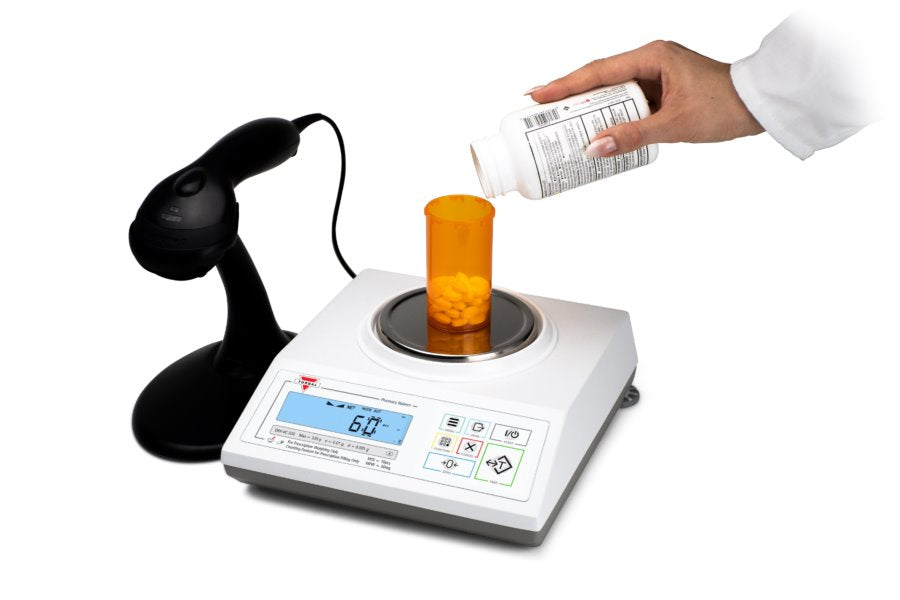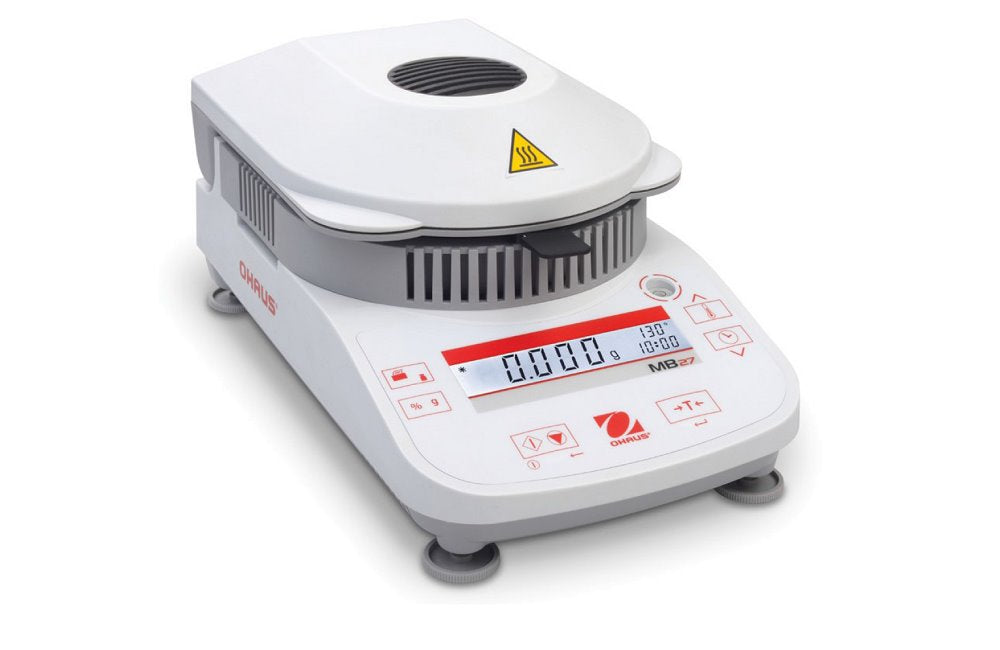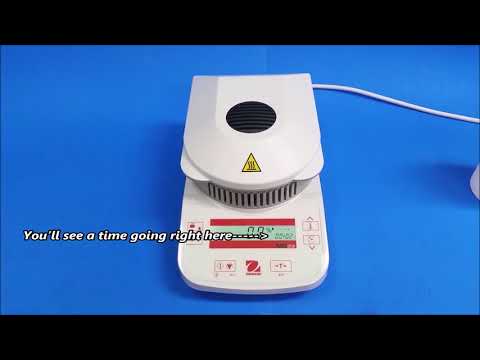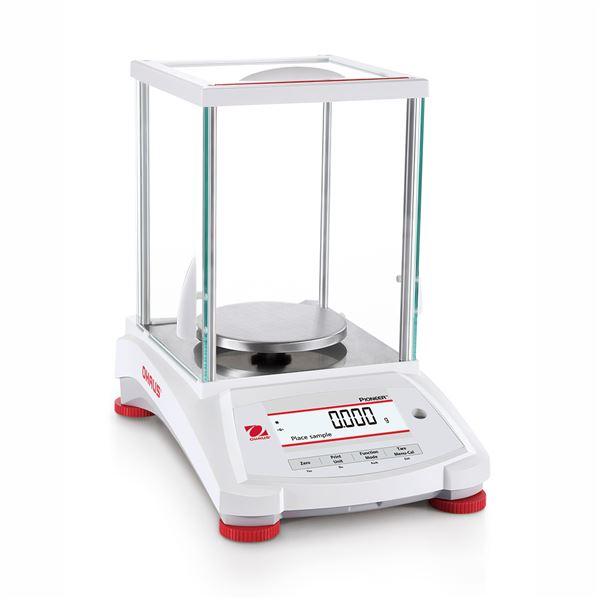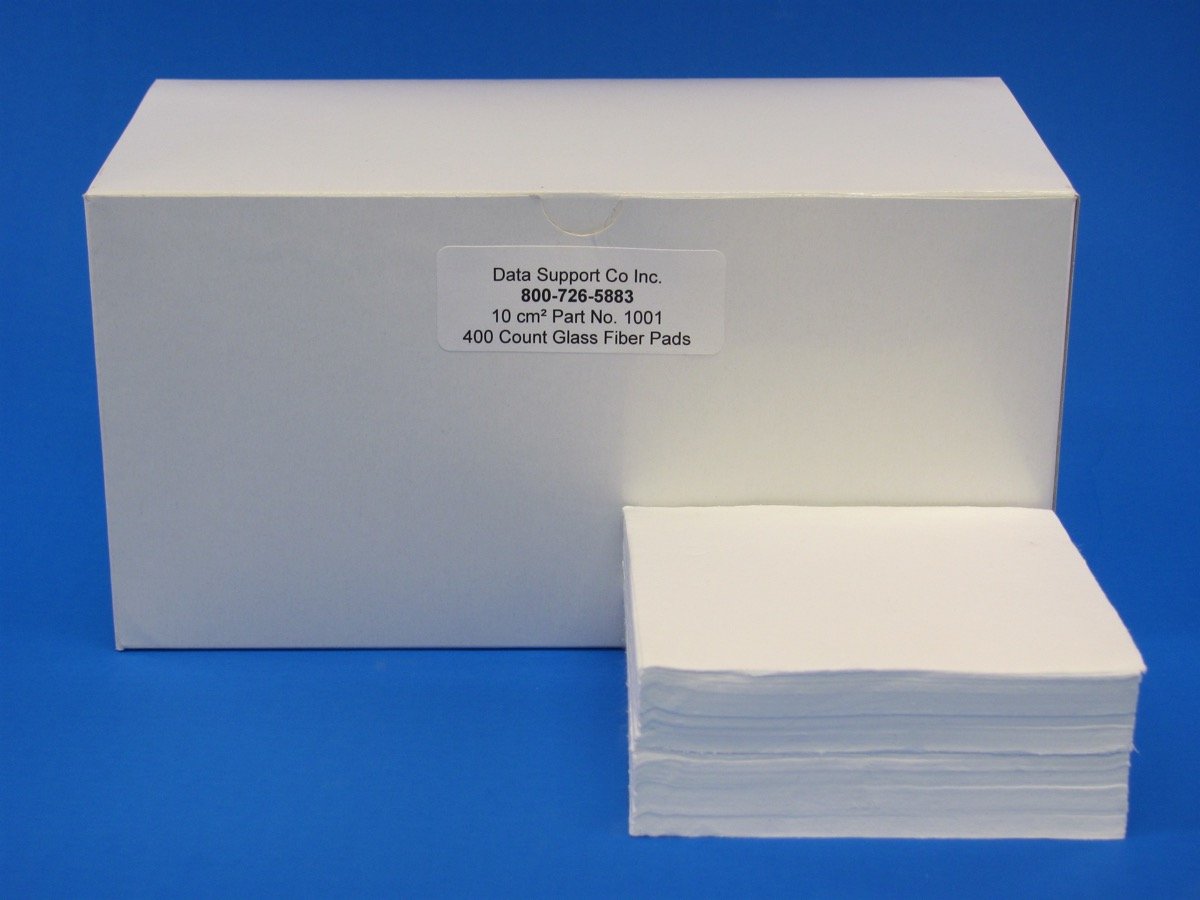-
Overview of Pharmacy Scale Requirements
-
Types of Scales Used in Pharmacies
-
Quality Standards for Balances in the Pharmaceutical Industry
-
Calibration and Maintenance of Pharmacy Scales
-
Legal Considerations for Using a Scale in a Pharmacy Setting
-
Benefits of Using Digital Scales in a Pharmacy Environment
-
How to Choose the Right Balance for Your Needs
-
Conclusion
1. Overview of Pharmacy Scale Requirements:
A pharmacy scale is a vital tool for any retail or clinical pharmacy setting. The scales are used to measure and dispense medication accurately, with accurate pill counting being key in providing safe and effective treatments for patients. Regulations set by the Food and Drug Administration (FDA) and the National Institute of Standards and Technology (NIST) govern the accuracy, calibration, and maintenance requirements of scales used in pharmacies. It is important to choose a scale that NTEP certified as prescription scales with approved pill counting features and make sure it is properly calibrated on a regular basis.
2. Types of Scales Used in Pharmacies:
There are two main types of scales used in pharmacies: scales with approved pill counting features and scales for precision compounding. All digital scales should be NTEP certified for prescription weighing, providing high performance, accuracy and stability. They also provide additional functions such as data storage capabilities, display, USB port, automatic taring, and analytical software for monitoring inventory levels.
3. Quality Standards for Balances in the Pharmaceutical Industry:
All scales used in a pharmacy setting must meet FDA and NIST regulations on accuracy, calibration, and maintenance requirements. This includes being able to measure accurately with an accuracy of 0.1 gram or better, as well as being able to hold calibration for at least one year. Additionally, digital scales should have software that allows for calibration records to be stored, and all scales should come with instructions for appropriate use.
4. Calibration and Maintenance of Pharmacy Scales:
It is important to properly maintain and calibrate your pharmacy scale on a regular basis to ensure accurate measurements of medication. Most pharmacies use 3d party certified technicians to perform annual maintenance and calibration. Please send us an email if you need this service here. Additionally, all scales should be kept clean and free of any dust or debris that could affect the accuracy of measurements.
5. Legal Considerations for Using a Scale in a Pharmacy Setting:
All scales used in pharmacy settings are subject to FDA and NIST regulations, and failure to meet these regulations can result in fines or other penalties. Additionally, pharmacies must keep accurate records of calibration and maintenance to ensure that all scales are working properly.
6. Benefits of Using Digital Scales in a Pharmacy Environment:
Digital scales provide several advantages over their analog counterparts, such as greater counting accuracy, automatic internal calibration, data storage capabilities, and taring features that allow for easier measurement and dispensing of medication. Additionally, digital scales can be easily connected to other systems for inventory tracking and management, making them ideal for pharmacy settings.
7. How to Choose the Right Balance for Your Needs:
When choosing prescription scales, it is important to consider several factors such as accuracy, weighing requirements, ease of use, and cost. Additionally, you should consider whether or not the scale will be used in a clinical setting as this may require additional features or capabilities. For example, Torbal DRX-4-120 (Scientific Industries DRX-4-120) is a class II scale NTEP certified for prescription weighing, but it doesn't have the pill counting function. The price ranges from $800 to $1200. And Torbal DRX-500s (Scientific Industries DRX-500s) includes Advanced Pill Counting Accuracy, Pill Fragment Detection, Automatic Internal Calibration, and Onscreen Instructions. It is also NTEP Certified for pill counting and prescription use. The price ranges from $1300 to $3500. Ohaus Adventurer NTEP balance is ideal for drug compounding pharmacies. With class I (Ohaus AX224N) and class II readabilities, these balances accurately weigh small amounts of drugs for precision compounding.
8. Conclusion:
Digital scales offer the most advantages over their analog counterparts, providing accuracy and convenience as well as additional features such as data storage and automatic calibration. With the proper care and maintenance, a pharmacy scale can be an invaluable tool for any pharmacy.

